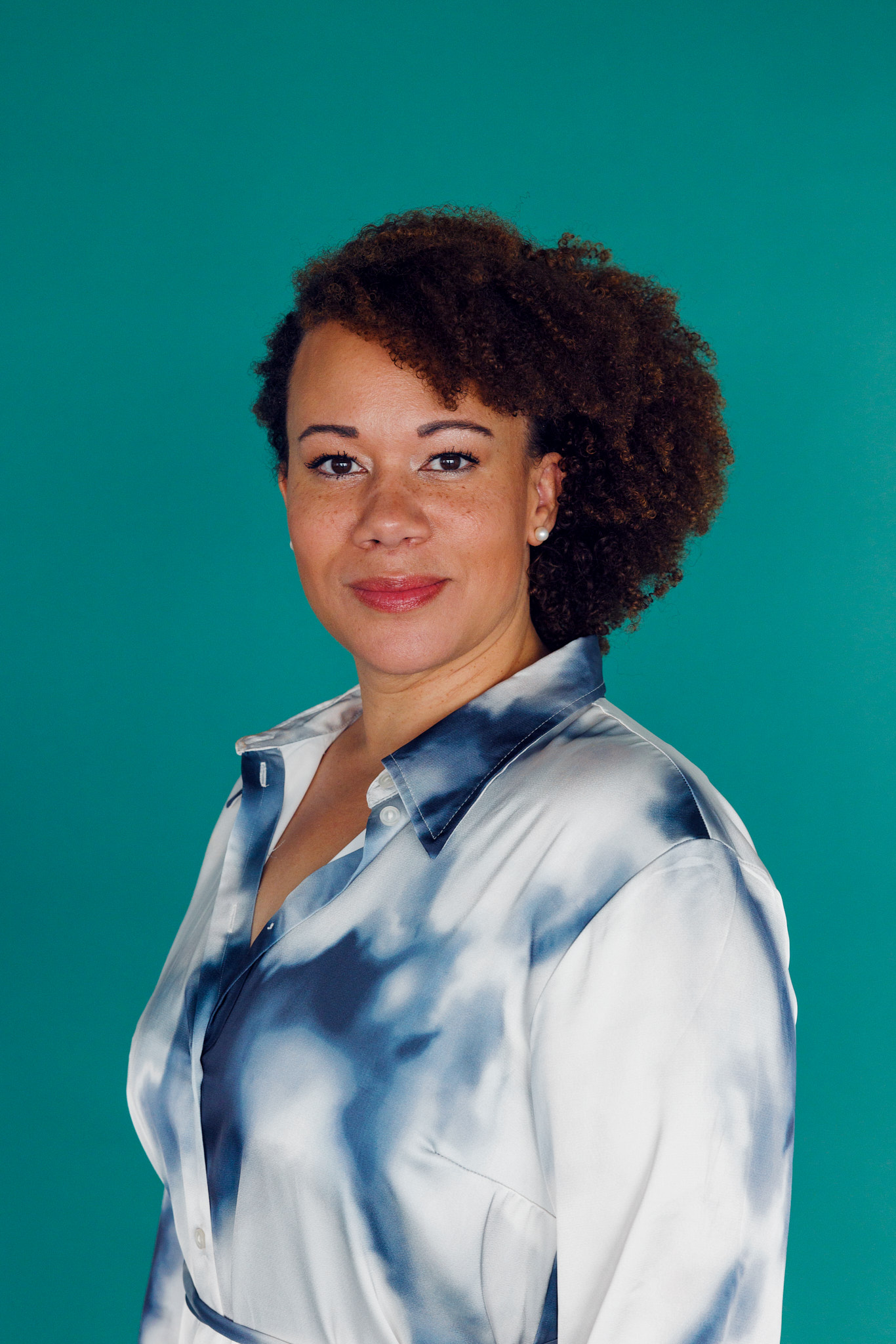
How to increase diversity through recruitment?
The recruitment process is essential for companies that want to boost diversity and create inclusive working environments. In many workplaces, the recruitment process is often static and unchanged over many years: the same job postings, sourcing platforms, candidate tests, interview guides, interviewees, rejection criteria, etc.
If we want to attract diversity, the recruitment process must be reviewed with a D&I view, to ensure that we are not reproducing the same kind of employee as 'we used to'.
Advice 1: Why diversity?
Diversity incorporates all the elements that make us unique from each other as human beings, and although there are infinite differences among people, diversity is most often defined in terms of a few social categories, such as; neurodiversity, gender, race, age, sexuality and disability.
In Denmark, the Discrimination Act enforces that there must be no direct or indirect discrimination in the labour market on grounds of race, colour, religion or belief, political opinion, sexual orientation, age, disability or national, social or ethnic origin.
Read more about the concept of diversity here:
Is the company geared to diversity?
The question is first and foremost whether the company is geared to diversity. If there is no inclusive working environment or a plan for how diversity will thrive in the organisation, we will not get the benefits of diversity.
Therefore, the company needs to consider why diversity is important for the particular task it is performing - and how it will ensure a working environment where diversity is seen as a strength and essential to contributing to the company's vision.
Tip 2: Check your biases
Whether we like it or not, we have unconscious biases that act as obstacles in a recruitment process.
Examples of unconscious biases in recruitment processes:
- The ideal employee: we have an idea of who 'fits in' (qualities, skills, background, attitudes, interests, etc.). We therefore subconsciously look for a 'culture-fit', rather than a 'culture-add'
- Rip-rap gang: we tend to subconsciously favour and reward people who are similar to ourselves (qualities, skills, background, attitudes, interests, etc.).
- Performance: we unconsciously expect higher performance from women and minorities, who therefore have to work a little harder to be recognised as potential employees
Tip 3: The job ad
We see it again and again: A job posting that gets copy-paste with few corrections.
Attracting diversity requires us to address bias, language use, concepts and terminology.
Ask yourself the following questions when making a job posting:
- Is there a balance between masculine and feminine words?
- How are the applicant criteria described? (Hire for attitude vs. hire for skills)
- Is the work environment, development opportunities, support and other employee benefits described?
- Is there a clear description of the recruitment process (and how the company works to reduce unconscious biases e.g. through blind recruitment)?
Learn how to be more inclusive in your job postings:
Do you want to attract diversity or work to reduce unconscious biases in your job postings? Then contact us below.


